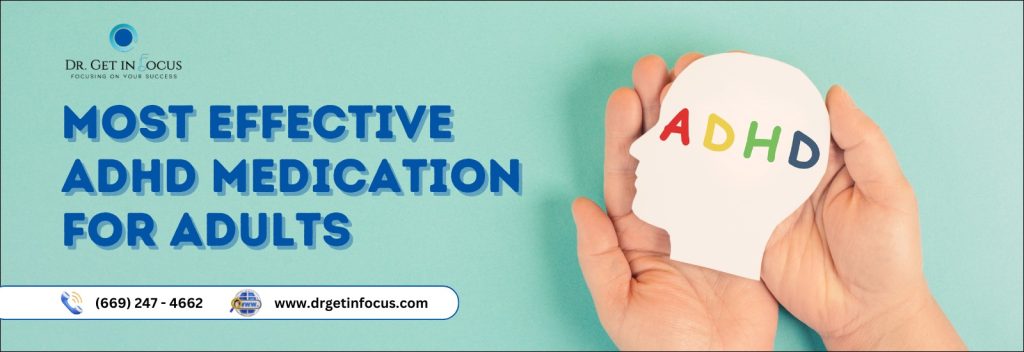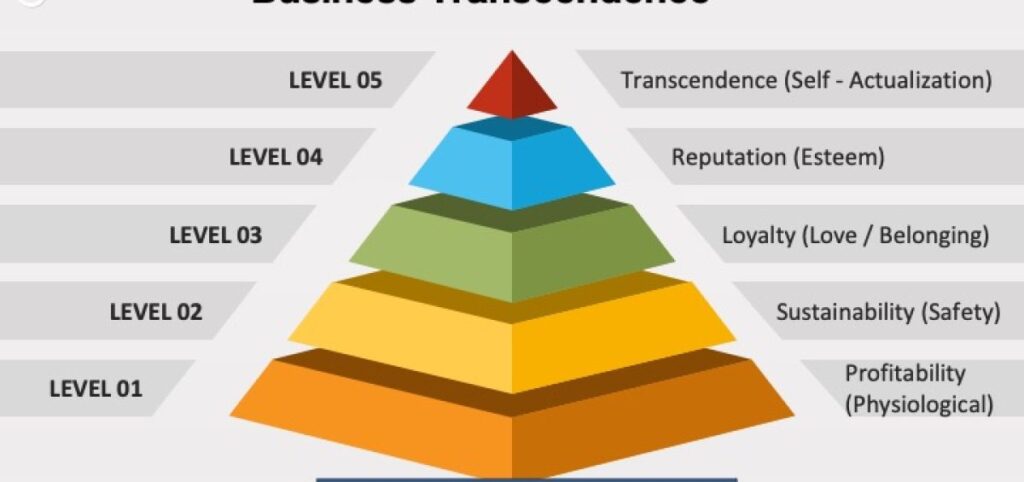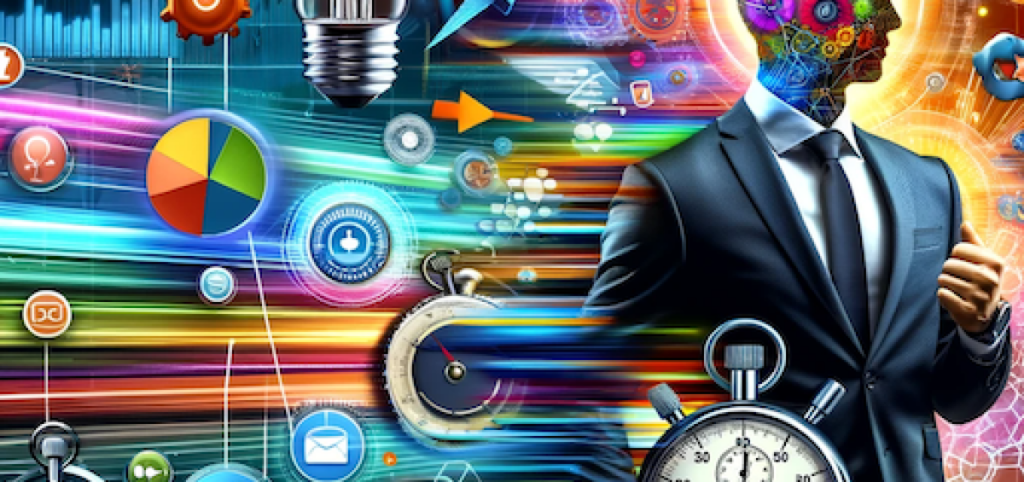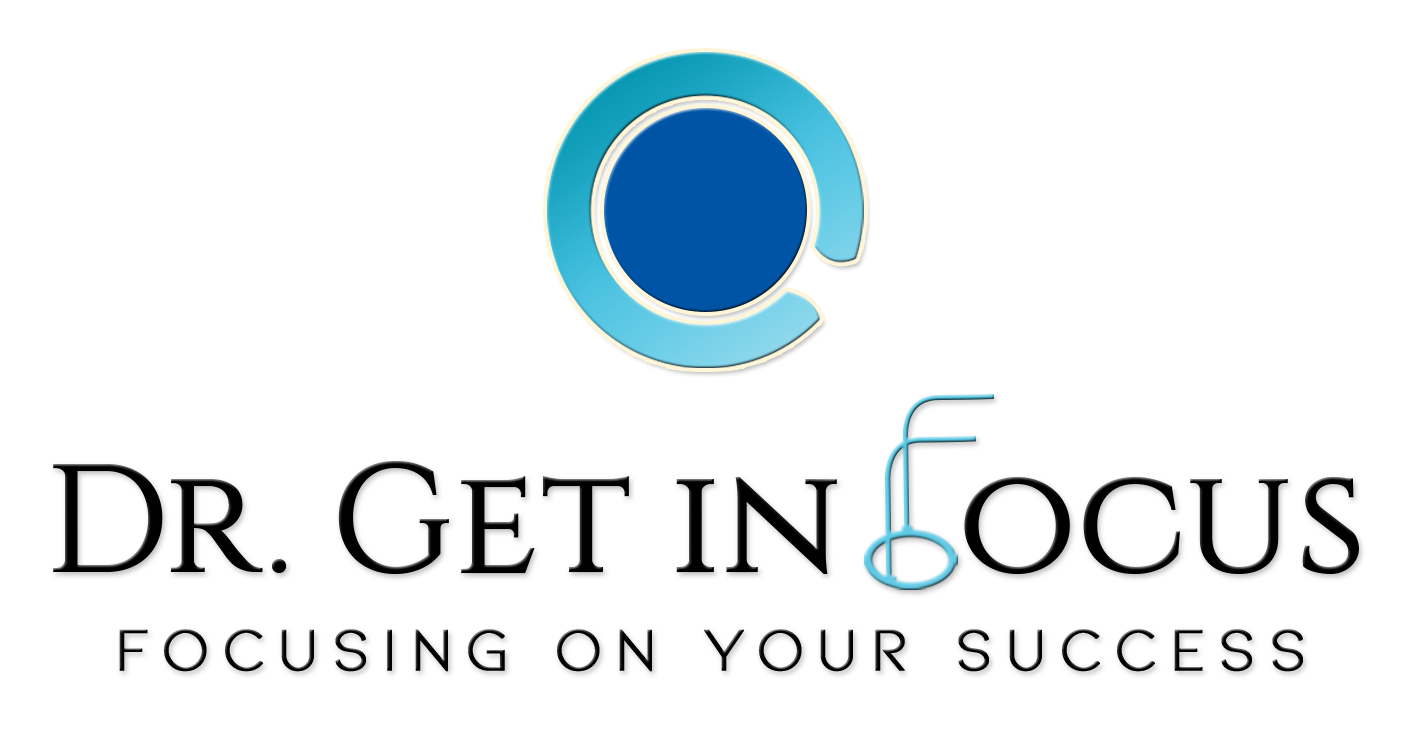Most Effective Adhd Medication for Adults

Most Effective ADHD Medication For Adults: All You Need To Know To Cure The Disease Your treatment plan for attention deficit hyperactivity disorder may include medication. Physicians have access to a wide variety of medications to manage your symptoms. Most effective ADHD medications for adults, whether prescribed by your doctor or not, have the same […]
10 Laugh-Out-Loud ADHD Entrepreneur Strategies: Mastering the Art of War in Business

ADHD Entrepreneur Strategies to Change the World! Hey there, amazing ADHD entrepreneurs! Ready to turbocharge your business with some ADHD Entrepreneur Strategies that even Sun Tzu would tip his hat to? Let’s dive into how your uniquely wired brain can be your secret weapon in the business world. It’s time to turn those squirrel moments […]
5 Brilliantly Sneaky Ways Neurodivergent Entrepreneurs Can Outsmart the ‘Normy’ Business World

Harnessing the Unique Talents of Neurodivergent Entrepreneurs in a Conventional Business Landscape Welcome to the world of business, where the coffee is strong, the deadlines are tight, and being ‘different’ is secretly your superweapon. If you’re a neurodivergent entrepreneur, you’re playing the game of commerce with a deck of cards that the ‘normies’ haven’t even […]
5 Inspiring Power Plays to Kick Emotional Regulation into High Gear: A Tale of an ADHD Millennial Entrepreneur

Emotional Regulation: The Holy Grail of. Thriving in Society Strap in, comrades! We’re plunging headfirst into the whirlwind world of emotional regulation. But don’t get your neurons in a twist; let’s lay the groundwork first. Emotional regulation – it’s the art of managing our emotional encounters to respond in a socially kosher and adaptable way. […]
5 Stupendous Steps to Business Transcendence

Taking Your Organization to Business Transcendence I have long been an advocate for business, making a difference in the world simply by the actions of doing business. I believe that a fully self-actualized organization would make a difference in the world, not by what it is doing but by who it is being. I am […]
10 Revolutionary ADHD Marketing Strategies that Unleash Your Superpowers

Ten ADHD Marketing Strategies for Exceptional Entrepreneurs Are you an entrepreneur or professional gifted with the superpower of ADHD? It’s time to turn what you might consider a challenge into your greatest marketing asset. Stay tuned as we unveil ten innovative ADHD Marketing Strategies to harness your superpowers for compelling, effective marketing. Let’s dive in […]
The 5 Horsemen of the ADHD Apocalypse. An ADHDpreneurs Guide to Getting out of their Own Way

ADHDpreneurs, Leave your limitations behind. Picture this: You’re an entrepreneur with ADHD, poised to conquer the world with your brilliant ideas and boundless energy. But as you navigate the entrepreneurial landscape, you find yourself encountering some unexpected roadblocks – and not just the typical obstacles any business owner might face. No, these are custom-made, ADHD-fueled […]
Reigniting Your ADHD Superpower: The Unstoppable 4-Act Guide to Getting Back in the Game

Turning Your ADHD Superpower Back On: A Step-by-Step Guide to Overcoming Slumps and Skyrocketing Productivity Do you ever find yourself stuck in a rut, forgetting your ADHD Superpower, feeling like your ADHD is more of a curse than a blessing? It’s like you’re a superhero who’s forgotten their powers, left scrolling through Netflix instead of […]
7 Overwhelming Challenges of ADHD and E-Forms: Conquer the Digital Chaos Today!

The Partners in Chaos: ADHD and E-Forms In the ever-evolving digital landscape of the 21st century, e-forms have transformed from a novelty to an omnipresent reality. While they promise efficiency and ease, for those with ADHD, they often deliver a unique set of challenges. Let’s explore these challenges of ADHD and E-Forms in depth. […]
Unlock the 4 Mystical Powers of the Magician and Wise Woman in ADHD Entrepreneurship

Unlocking the Mystical Powers of the Magician and Wise Woman in ADHD Entrepreneurship In the ever-evolving landscape of ADHD Entrepreneurship, innovation and wisdom are your most valuable assets. But did you ever stop to think that these attributes may be governed by archetypes that reside deep within you? Welcome to the mystical world of the […]
